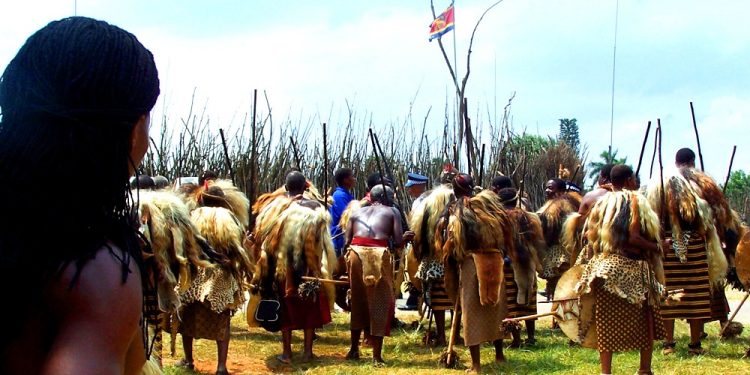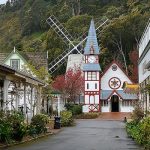
Incwala Day in eSwatini
Observed in the Kingdom of Eswatini, Incwala Day is a national holiday that falls on the fourth day after the full moon nearest to December 21st. This holiday is one of the most important cultural events in the nation and is often known as the Festival of First Fruits. This festival extends over a period of six days and has many traditions associated with it.
One of the main traditions is Eswatini’s King eating the first fruits, after which the people can then partake of the harvest. Tourists are allowed to attend this festival, but they must abide by some basic rules such as males not wearing hats or other headgear, and females having to wear sarongs or skirts.
The History of Incwala Day
Incwala Day has existed in Eswatini for hundreds of years and is a festival that was once common all across the African continent. This festival is imbued with a spiritual meaning that is often not quite grasped by outsiders who witness the ceremony, and some of the inner workings of this festival are shrouded in secrecy.
Even though the name of this festival means “Festival of First Fruits,” that part of the ceremony is only a small portion of the rite. This is a holiday that not only celebrates the harvest but also celebrates kingship.
Observing Incwala Day in Eswatini
Every Swazi in the kingdom must take part in the public parts of this ceremony. It’s a festival that’s open to tourists, but they are allowed to only witness the rite and not take part in it. Spectators also have to observe some very simple rules to attend the event.
Because this festival takes place on the fourth day after the full moon nearest to December 21st, this is a holiday that can fall during the last week of December or the first week of January. This festival takes place over a six-day period and starts with the cutting of the sacred shrub under the light of the full moon on Day One, and ends with a bonfire on Day Six.








